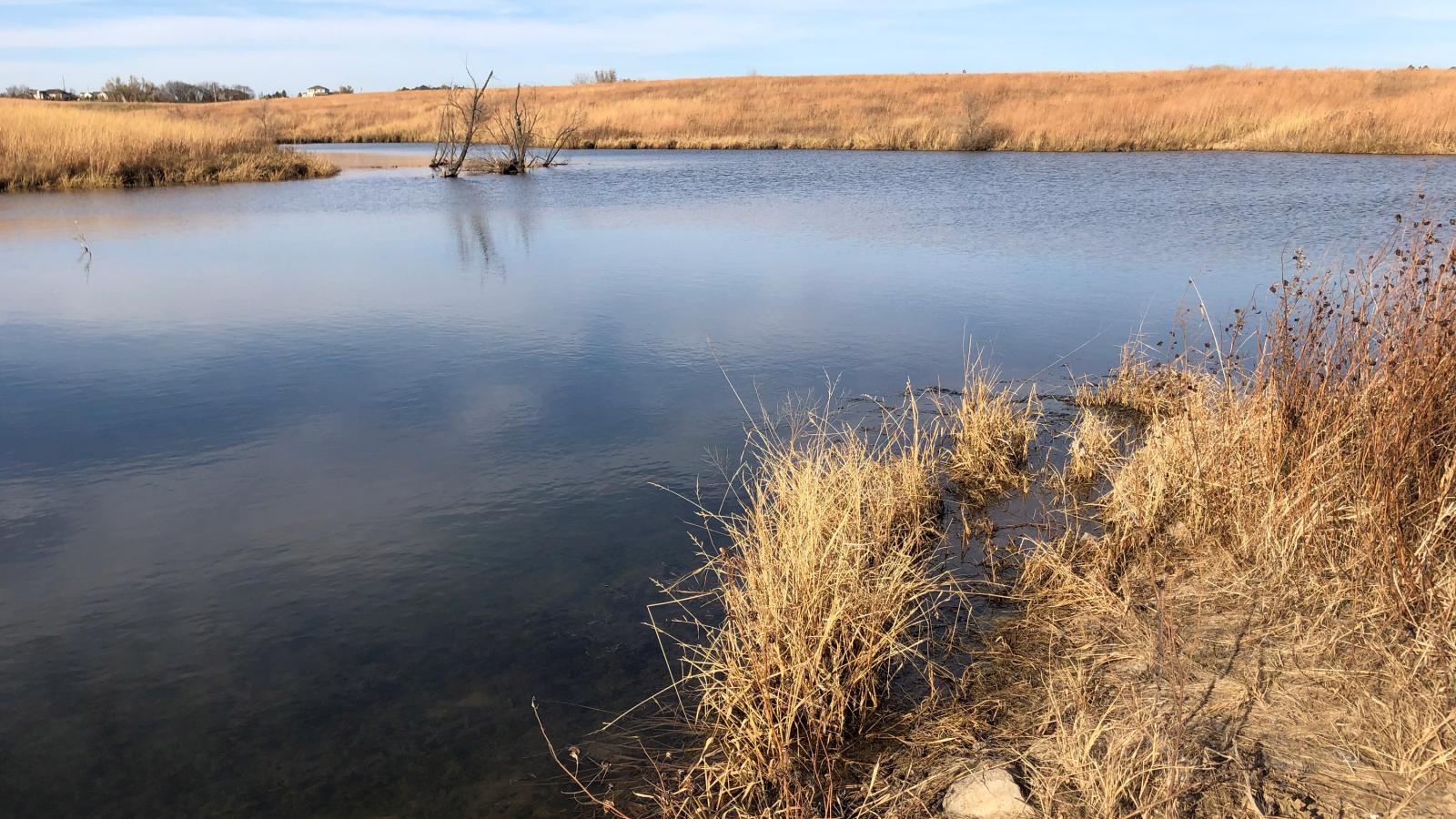Instructor(s): Jack Norland, North Dakota State University
Number of Credit Hours: 3
Crosslistings: RNG/NMR 849/AG*Idea Program. (Distance education course online only.)
Prerequisites: BIOS 101 and 101L; NRES 220; and PLAS 240, or their equivalents, recommended.
Admission to the AG*Idea Grassland Management graduate certificate Program and permission. https://agronomy.unl.edu/online/grassland-management-graduate-certificate.
Description: Study the process of watershed management which integrates the physical/biological settings and processes along with human activities in light of certain risks and uncertainty to create a sustainable environment. Other goals: Conduct a detailed survey of the physical/biological setting of watersheds along with the effect of human activities on water, water quality, and watersheds. Investigate different preventative and restorative strategies to resolve watershed problems. Examine management and restoration of stream corridors and riparian areas especially in rangeland settings. Examine the policies governing watersheds and water quality.
Learning Outcomes/Course Objectives
- Evaluate the condition of a watershed as it relates to a sustainable environment,
- Integrate and apply the knowledge and concepts of various natural resource fields to watershed management that relate to sustainability, e.g. geomorphology, ecology, soils, range management, natural resource management, wildlife management, among others,
- Analyze and summarize the actions needed to properly manage and restore a watershed that meet sustainability goals.
- Develop a plan for watershed management.
- Communicate the principles of watershed management.
In addition, graduate students should be able to:
- Demonstrate systems thinking on the complexities of watershed management
- Evaluate, synthesize, and apply evidence in an interdisciplinary manner to understand and address the complexities found in watershed management
